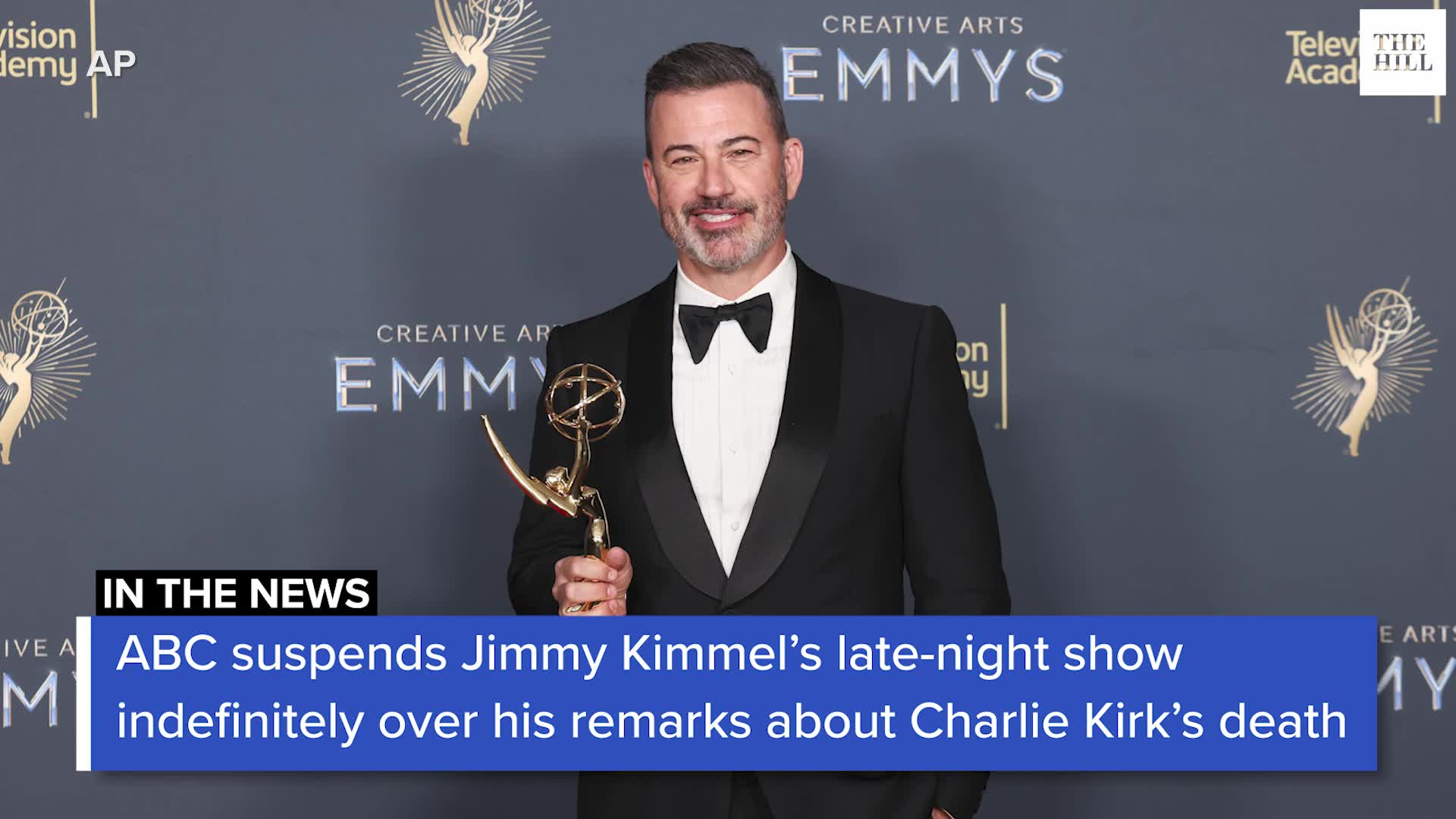Hamza bin Laden’s reported death is not the death of al Qaeda

The details surrounding Hamza bin Laden’s reported death, not unlike his life, remain a mystery. On July 31, NBC News, citing multiple unnamed U.S. officials, first reported Hamza bin Laden’s (HBL) death. The following day, there were indications that he was killed in an airstrike.
Official U.S. statements about HBL’s death have been nonexistent and President Trump has refused to comment. Additionally, press reports do not indicate where or when Hamza bin Laden may have died. The lack of precision regarding his fate may mean a few things. The unnamed officials who leaked the story may have jumped the gun. After all, high-profile terrorists such as Abu Bakr al-Baghdadi and Mokhtar Belmokhtar have been prematurely reported as dead and later reappeared.
Perhaps the United States was not involved in HBL’s death, though that’s unlikely given its unparalleled counterterrorism and intelligence capabilities. Maybe the U.S. Intelligence Community (IC) needed more time to exfiltrate human sources who provided vital information that led to his demise. The most likely scenario for the delay is that the IC is still reviewing and declassifying the disjointed dots of intelligence that painted the picture of HBL’s death. Until that process is complete, the public is left to speculate about his last days and the future of al Qaeda.
For example, some likely are wondering why the State Department issued a $1 million reward for justice on HBL when he may have been dead already. That decision may have been an intentional effort to generate more terrorist chatter over the airwaves about HBL to gain more granularity on his sentient status.
However and whenever he died, HBL was an ascendant figure within al Qaeda. In January 2017, the State Department designated Hamza bin Laden as a Specially Designated Global Terrorist (SDGT) pursuant to Executive Order 13224. The State Department’s Office of Counterterrorism Finance and Designations, where I worked, led the all-source investigation that culminated in HBL’s sanction. The announcement documenting then-Secretary of State John Kerry’s decision details multiple HBL audio messages that called on supporters to attack U.S. domestic and overseas interests.
The dossier of evidence that culminated in HBL’s terrorist designation made me think that HBL had the potential to ascend to the level of Anwar al-Aulaqi, the infamous al Qaeda external operations chief and propagandist in the Arabian Peninsula who was killed in American drone strike in 2011. Much like Al-Aulaqi, HBL was becoming a charismatic communicator, but he didn’t have Aulaqi’s skeletons in the closet (he famously consorted with prostitutes). HBL also had the benefit of name recognition, as Osama bin Laden’s son, and he was married to the daughter of a senior al Qaeda member.
Al Qaeda reportedly was grooming HBL to take the leadership mantle. If he had done so, it would have made for an inflection point for the group that has been on its heels since 9/11. The last major al Qaeda attack against a western target occurred in London on July 7, 2005, resulting in 52 deaths and many more injuries.
In 2011, Osama bin Laden was killed in Pakistan. Ayman al-Zawahiri, best known for survival instincts, is al Qaeda’s current leader and an ineffective steward of the group. Al-Zawahiri’s bland, old-school jihadi communication style doesn’t resonate with the newer generation of jihadists. During al-Zawahiri’s tenure, al Qaeda been eclipsed by ISIS, which crafted a more appealing social media-driven narrative that has drawn more recruits and a younger cadre of members who are better versed in 21st century jihad.
Although HBL was al Qaeda’s best bet for near-term relevancy, his death, if true, doesn’t mean that al Qaeda no longer represents a critical threat to U.S. national security. The group was severely underestimated before, and it is worth remembering that it carried out its most significant attack — 9/11 — 12 years after its formation.
Al Qaeda, unlike its ISIS rival, is a patient, strategic organization. ISIS rushed to announce the formation of an Islamic Caliphate but found that it crumbled quickly. In contrast, al Qaeda, despite its objective of doing so, has been reluctant to announce a caliphate. In fact, according to documents authored by Osama bin Laden and recovered from his Abbottabad, Pakistan, compound, he provided clear direction to al Qaeda’s Yemen branch against efforts to govern the local population. Al Qaeda’s philosophy and penchant for targeting the “far enemy,” as opposed to ISIS’s “near enemy,” is a key reason the United States should not underestimate al Qaeda.
While the near-term future for al Qaeda remains bleak, its strategic patience and focus on the “far enemy” makes the group the most enduring transnational threat to U.S. national security interests. However, the group’s ability to project that threat may hinge on two possibilities.
First, will Ayman al-Zawahiri or other old-guard al Qaeda members such as Sayf al-Adl or Abdullah Ahmed Abdullah (HBL’s father-in-law) risk their safety by taking a more direct role in encouraging external operations? Second, can al Qaeda identify and develop a cadre of young leaders to push forward and develop strategic plans consistent with its focus on the far enemy?
It would be prudent for al Qaeda to pursue both options simultaneously, if for no other reason than to demonstrate relevancy and stop its steep descent since 2005. The United States can make that more difficult for al Qaeda to achieve by accelerating efforts to locate and bring to justice senior al Qaeda members such as Zawahiri, Adl and Abdullah before they become less risk-averse and anoint the next generation of al Qaeda leadership.
Jason M. Blazakis is a professor of practice at Middlebury Institute of International Studies at Monterey, where he also is director of the Center on Terrorism, Extremism, and Counterterrorism. From 2008 to August 2018, he was director of the State Department’s Office of Counterterrorism Finance and Designations. He was a member of the staff of former Rep. Jim Saxton (R-N.J.). Follow him on Twitter @Jason_Blazakis.
Copyright 2023 Nexstar Media Inc. All rights reserved. This material may not be published, broadcast, rewritten, or redistributed.

















